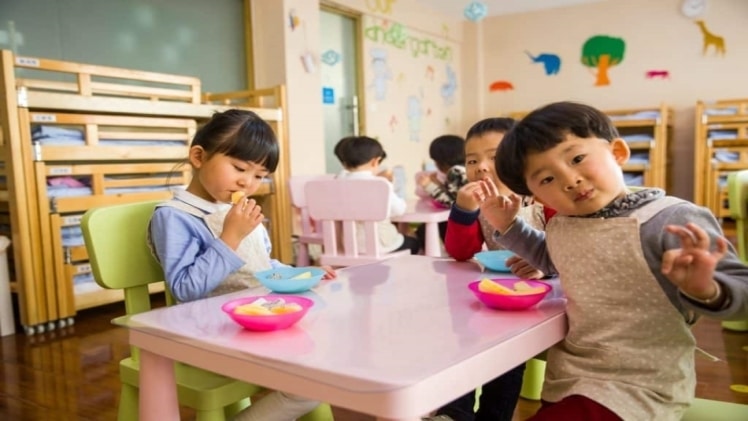Singapore’s education system is known for its high standards and rigorous approach, offering students a clear and structured path from primary school to post-secondary education.
However, the landscape can seem daunting for parents navigating the different stages. This article will guide parents through the critical milestones in the Singaporean education system to help them make the right decisions about their child’s educational journey.
Primary School Education
Primary School education in Singapore consists of a compulsory six-year course designed to build a strong foundation in literacy, numeracy, and character development. The subjects taught at the base level are English, Mathematics, and Mother Tongue Language, which help students develop essential academic and problem-solving skills. In addition, subjects like Art, Music, Social Studies, and Physical Education expose students to diverse areas of study, while Science is introduced in Primary 3.
From Primary 5 onwards, students take these subjects at the foundation or standard level. At the end of Primary 6, they sit for the Primary School Leaving Examination (PSLE), determining their Secondary School placement. Additionally, students with unique talents may gain direct entry into Secondary Schools through the Direct School Admission (DSA) exercise.
Secondary School Education
Secondary School education in Singapore offers three courses tailored to students’ academic progress and interests. The Express Course is a four-year program that leads to the GCE O-Level exam, while the Normal (Academic) [N(A)] Course also lasts four years, ending in the GCE N(A)-Level exam. Students who excel in this exam can progress to Secondary 5 for the O-Level exams or opt for pathways like the Polytechnic Foundation Program. However, the Ministry of Education (MOE) will introduce a new common national examination in 2027 to replace the current GCE O- and N-Level examinations.
The Normal (Technical) [N(T)] Course, aimed at students with a more practical focus, leads to the GCE N(T)-Level exam. Additionally, students can transfer between courses through Subject-Based Banding (SBB). Schools offer specialized programs, including the Integrated Program for high-achieving students and various applied learning tracks to support diverse interests, including the arts, sports, and sciences. To help with career planning, students also have access to Education and Career Guidance (ECG) resources, helping them make informed choices for their future.
Post-Secondary School Education
After completing Secondary 4 or 5, students can pursue various post-Secondary education options. Millennia Institute, which is the only centralized institute in Singapore and Junior Colleges (JC) offer pre-university education, leading to the GCE A-Level exams or the International Baccalaureate (IB) diploma. Students can also opt for Polytechnics, which provides practice-oriented Diploma courses with hands-on learning and industry attachments.
Graduates from Polytechnics may further their studies at universities depending on their GPA. Alternatively, students with a technical focus can attend the Institute of Technical Education (ITE) for vocational training, progressing to Polytechnics or work-based learning programs. Institutions like the Singapore Sports School or the School of the Arts offer specialized courses for those with specific talents in sports or the arts.
Universities
In Singapore, universities play a significant role in preparing students for the knowledge economy, equipping them with professional skills and contributing to research and innovation.
There are six publicly funded Autonomous Universities (AUs), each offering diverse academic and practical pathways. These include research-intensive universities like the National University of Singapore (NUS) and Nanyang Technological University (NTU), which focus on academic excellence and global collaborations. Universities such as Singapore Management University (SMU) and Singapore University of Technology and Design (SUTD) offer hands-on experience through industry partnerships and multidisciplinary curriculums.
The Singapore Institute of Technology (SIT) and Singapore University of Social Sciences (SUSS) also focus on applied Degrees, emphasizing work-integrated learning and catering to fresh school-leavers and adult learners, fostering a dynamic and inclusive educational environment.
Empowering Students for Success in Singapore’s Education System
The education system in Singapore offers a wide range of pathways to suit every student’s strengths and aspirations, from primary education to post-secondary opportunities. With multiple options at each stage, students can pursue academic, technical, or vocational tracks, ensuring they are well-prepared for the demands of the future workforce.
For those aiming to enter top universities in Singapore or abroad, private schools in Singapore, such as Insworld Institute, can offer proper guidance and support to help students confidently navigate their educational journey and unlock their full potential.


